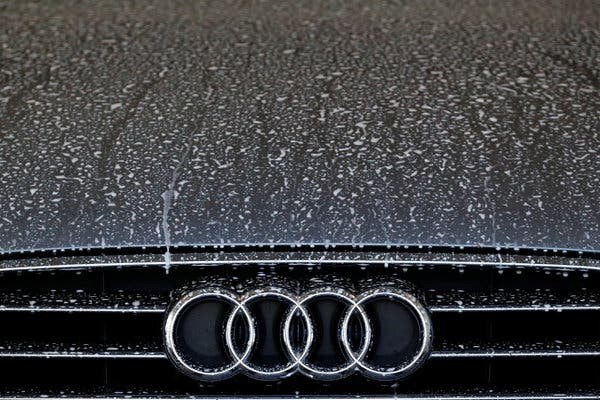In a disappointingly declining car market, with sales in China falling 11 per cent in 2019's first eight months totaling to only 16.1 million units, 10 luxury brands' sales had risen which includes Audi, BMW, Lexus, Mercedes-Benz and Volvo helping not only the brand's global sales but also China's car market as well.
Because of China's economy, the second largest in the world, wealthy consumers have grown in numbers leading to high-end consumer market booming.
Still, the competitive pricing of China's premium car models has proven effective as well for its rich consumers urging them to buy.
Toliver Ma, an auto sector analyst at brokerage Guotai Junan International, said this is because of "China's consumption upgrade" wherein this mode made it a must for companies to prioritize quality products and services.
Ma added that even during these times of trade issues with tariffs affecting the prize of everything, the ones who have money "are still willing to spend."
Analysts attribute this behavior to the increasing disposable income and innovation in technology.
Brilliance China Automotive, the German automaker BMW's Chinese partner, said the sales of China-made BMW's went up to 25.9 per cent in the first half from the same period last year totaling to 264,194 units.
Brilliance China Automotive attributed this to BMW's X3, a compact crossover SUV, the carmaker's sixth model produced in China since June 2018.
Another German brand, Daimler and it's partner Beijing Automotive Industry, had an 11.9 per cent increase to 282,000 units because of the sales of their Mercedes-Benz A-Class cars.
Though many Chinese favor German car brands, there were some who got tempted into buying rival brands because of generous discounts.
Wu Junchen, a Shanghai-based businessman who bought a Range Rover in July for less than 750,000 yuan (US$105,000), bought the British car instead of his original plan of getting a Mercedes because the car dealer was clearing inventory due to the roll-out of stricter auto emission standards in eastern China.
Wu got close to a 200,000 yuan discount.
Swedish brand VOLVO has domestic sales that grew to 12.3 per cent year-on-year, higher than its global sales growth of 10 per cent.
Agneta Jilden, head of Asia-Pacific commercial programme manager at Volvo Cars, at a car launch in Hong Kong last week, said this is because of "the interest in our new products, which is true not only in China but also in Asia."
For the affluent customers who are into business, they know that a car represents "your pocket, face and credibility" adding that quality cars are also safer and more spacious.
The growth in China's luxury car segment is attributable to the good consumer climate, the increased demand from the younger market and increased income.





